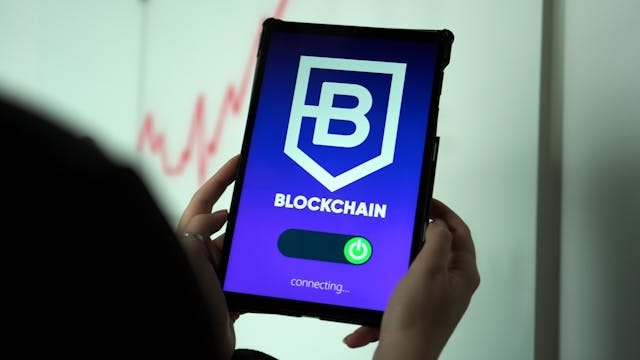Blockchain technology has revolutionized various industries, and the gaming sector is no exception. The integration of blockchain into gaming offers numerous benefits, from enhancing security to providing new avenues for monetization and player engagement. As the technology matures, its impact on the gaming industry becomes increasingly profound.
One of the most significant contributions of blockchain to gaming is the enhancement of security and transparency. In traditional gaming systems, data, including in-game assets and player information, is stored on centralized servers, making them susceptible to hacks and data breaches. Blockchain, however, utilizes decentralized ledgers, which distribute data across a network of nodes. This decentralized nature makes it incredibly difficult for malicious actors to manipulate or steal data, which is why this technology has become popular with online casino sites, crypto-staking companies, and many other outfits that prioritize consumer safety and satisfaction. Moreover, blockchain's immutable ledger ensures that once information is recorded, it cannot be altered, providing a transparent and tamper-proof record of transactions.
Another critical area where blockchain technology is making a significant impact is in the ownership and trading of in-game assets. Traditionally, in-game items like skins, weapons, and other collectibles are owned by the game developers, even if players purchase them. This centralized ownership model means that players do not have true ownership rights and are subject to the rules and policies set by the developers. Blockchain technology, however, introduces the concept of true digital ownership through non-fungible tokens (NFTs). NFTs are unique digital assets stored on a blockchain, providing proof of ownership and authenticity. By tokenizing in-game assets, players can truly own their items, trade them in open marketplaces, wager with them on offshore casinos that accept NFTs, or even use them across different games, depending on the platform's interoperability.
Blockchain also opens up new monetization opportunities for developers and players alike. In the traditional gaming model, developers earn revenue primarily through game sales, in-app purchases, and advertisements. With blockchain, developers can create decentralized games (often referred to as "crypto games" or "blockchain games") where the economy is player-driven. In such games, players can earn cryptocurrency by participating in the game's ecosystem, either through gameplay, creating content, or providing services within the game. This play-to-earn model not only incentivizes player engagement but also creates a new source of income for players.
Moreover, blockchain technology can revolutionize the way games are funded and developed. Crowdfunding platforms like Kickstarter have already demonstrated the potential for community-driven game development. Blockchain takes this concept further with decentralized funding models. Developers can issue tokens to raise funds for game development, and these tokens can represent a stake in the game's success. This model allows for a more transparent and inclusive funding process, where supporters can directly benefit from the game's success.
Smart contracts, self-executing contracts with the terms directly written into code, are another blockchain feature that can transform gaming. They can automate various processes within a game, such as transferring ownership of assets, distributing rewards, or enforcing rules. This automation reduces the need for intermediaries, streamlining processes and reducing costs.
The adoption of blockchain in gaming is still in its early stages, but the technology's potential is undeniable. As more developers explore blockchain's capabilities, the gaming industry is poised for a transformative shift. Blockchain's promise of enhanced security, true digital ownership, new monetization avenues, and innovative game development models offer a glimpse into the future of gaming. As the technology continues to evolve, it will likely become an integral part of the gaming experience, offering unprecedented opportunities for players and developers alike.
Comments
Loading comments…
